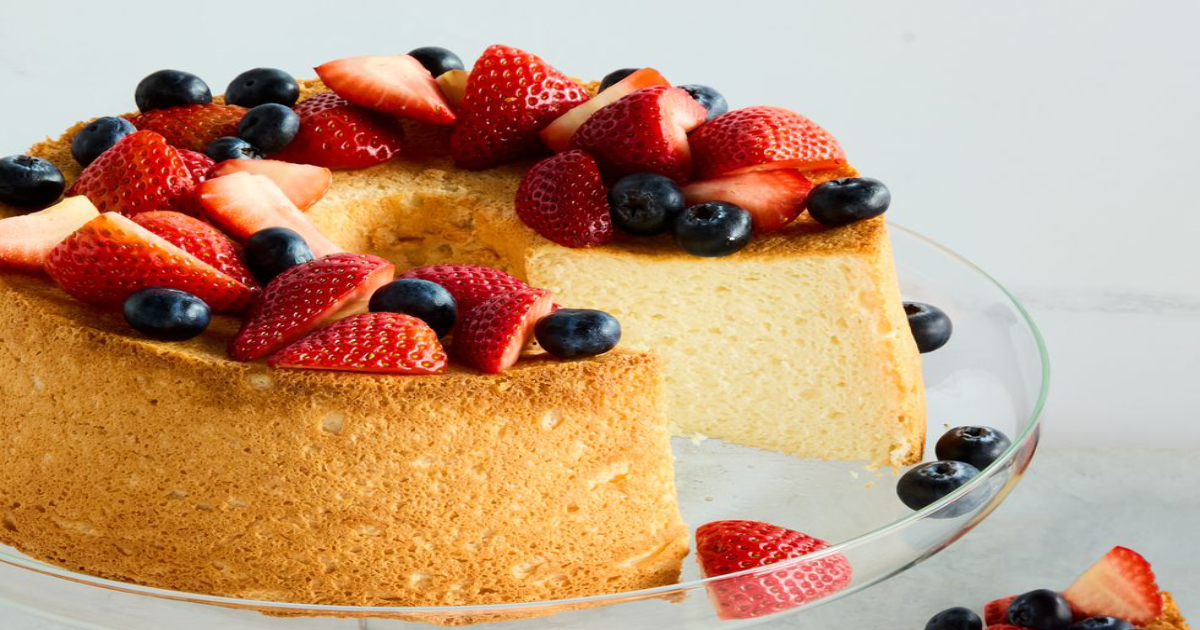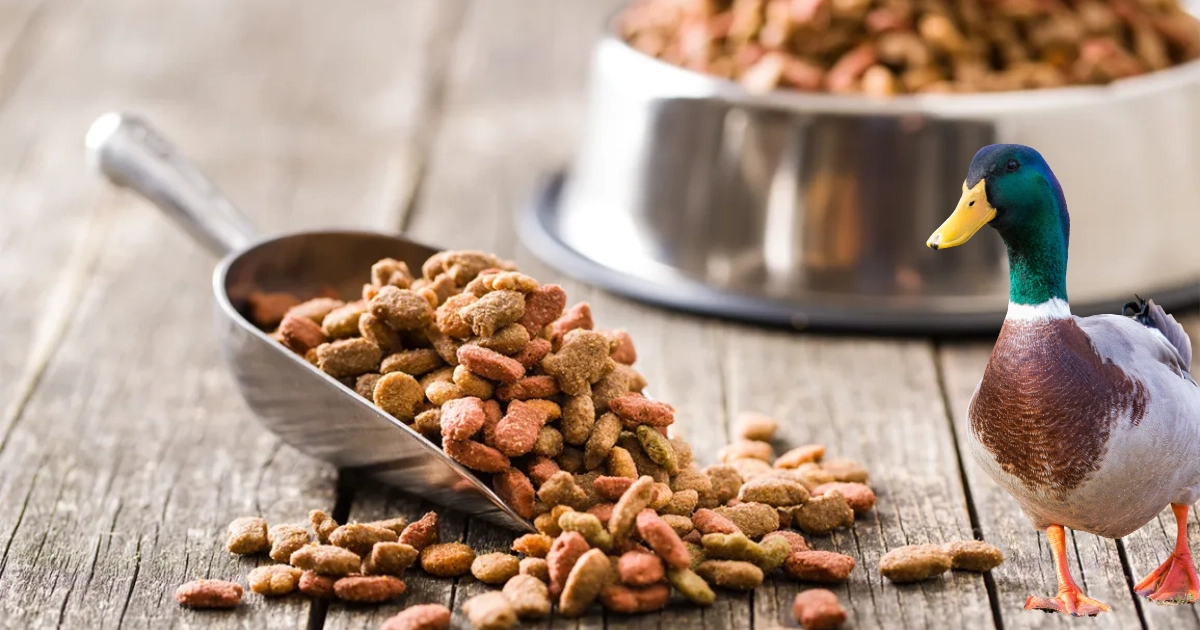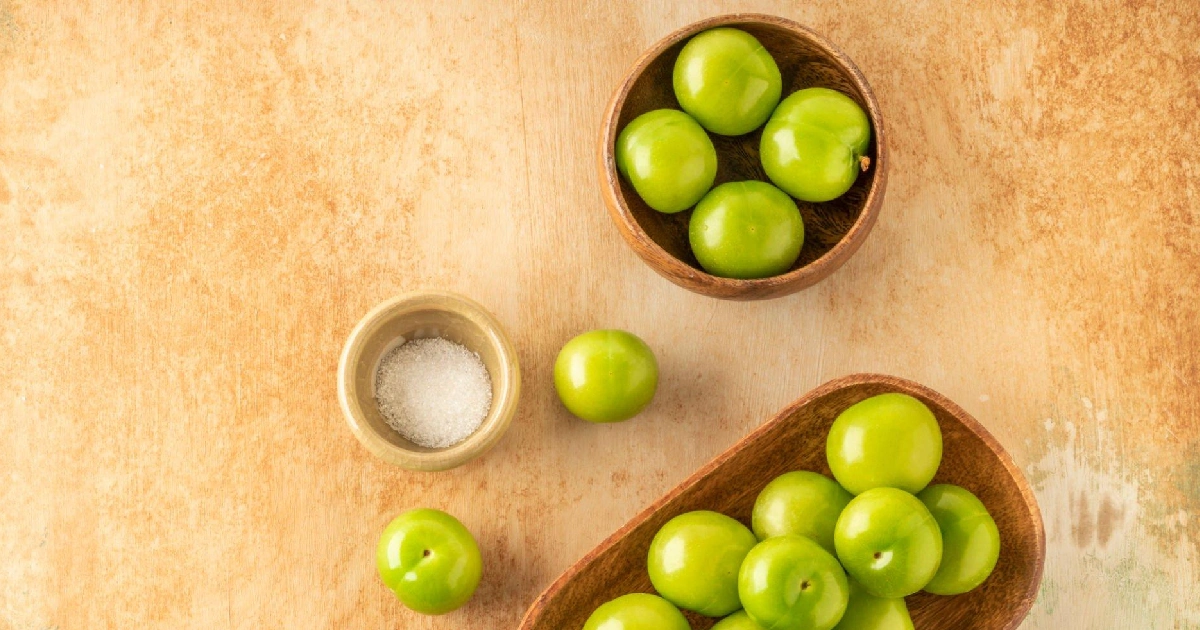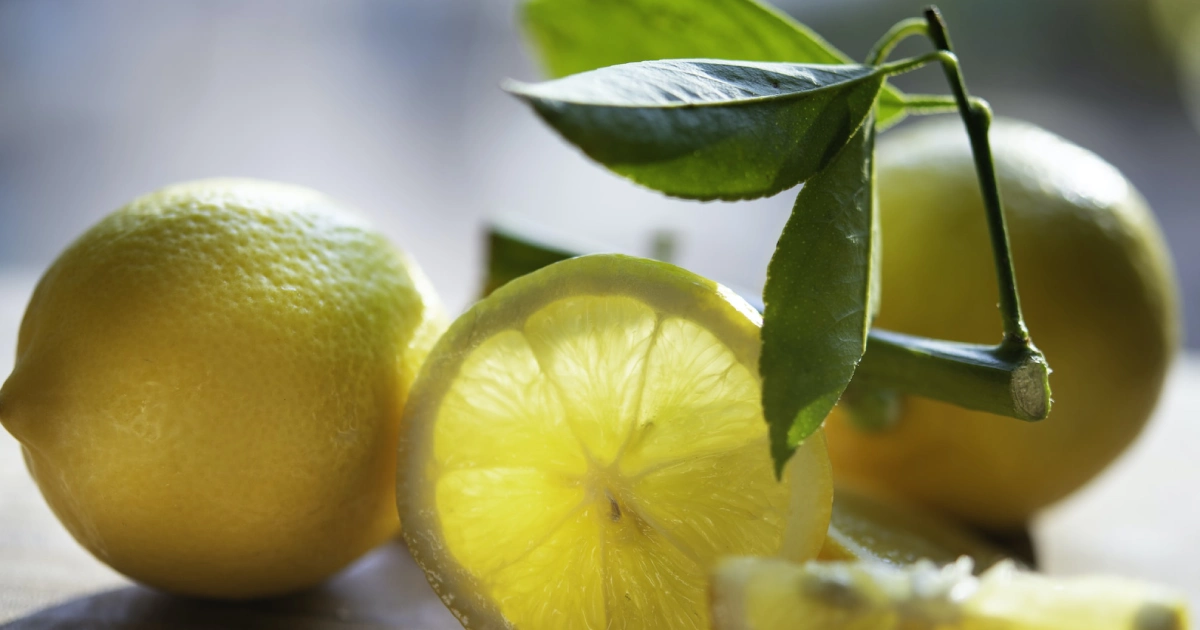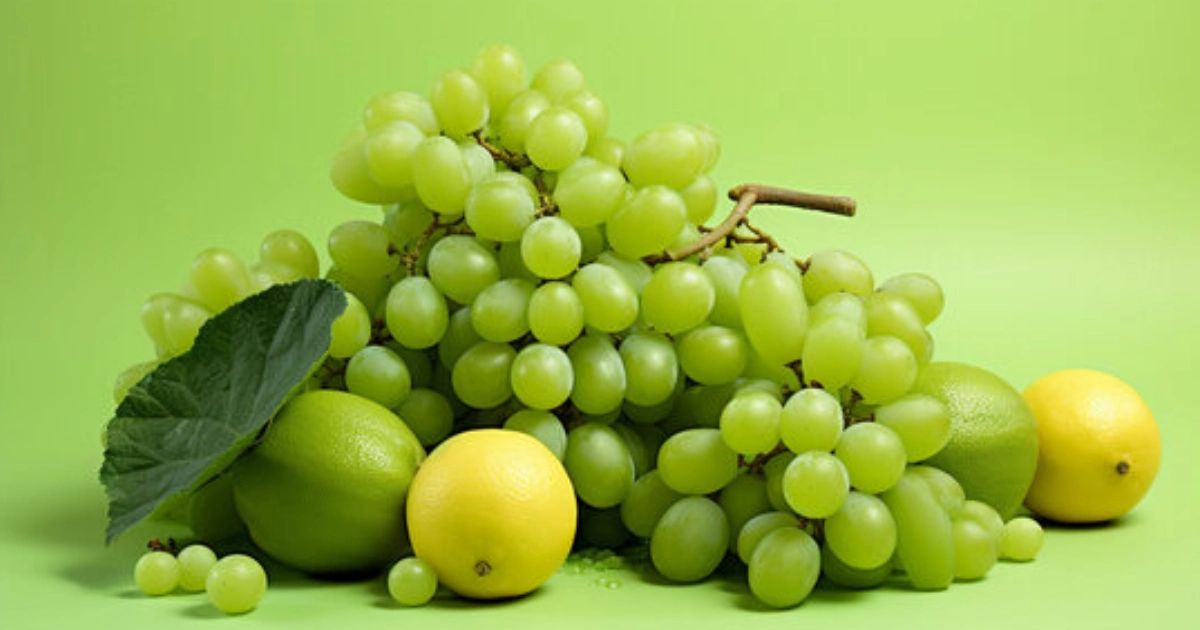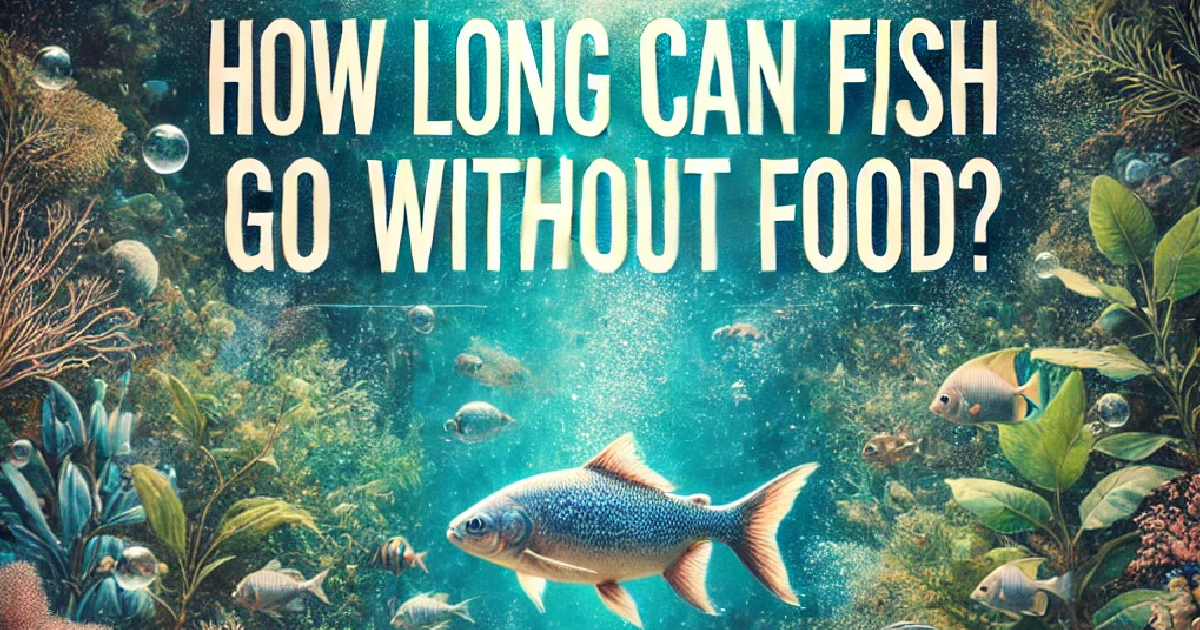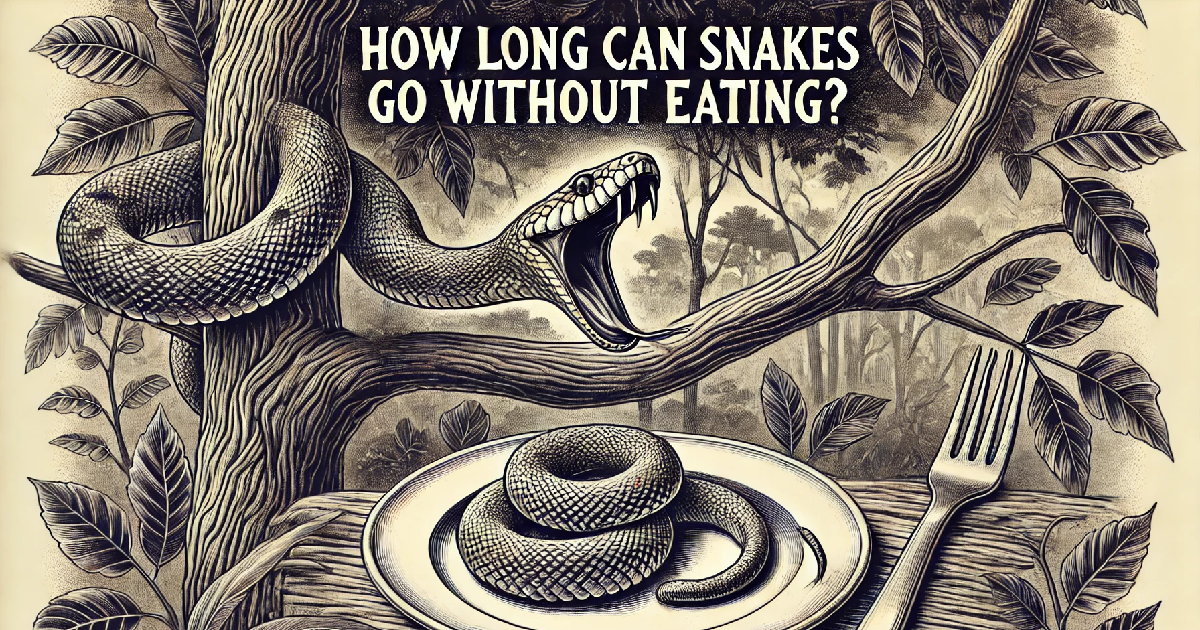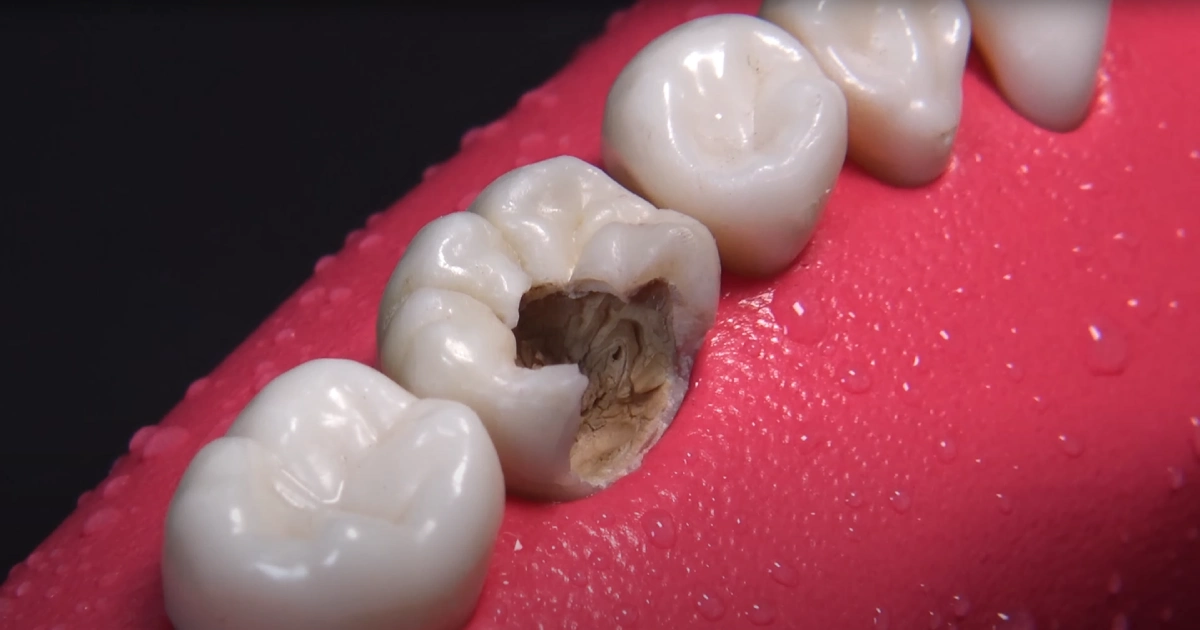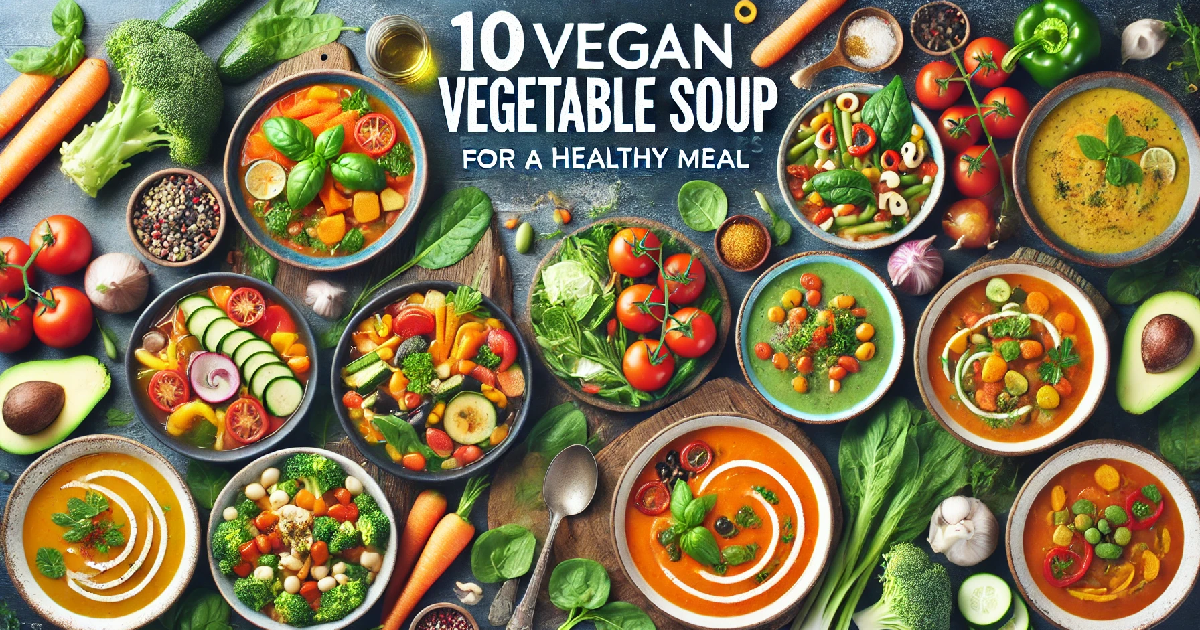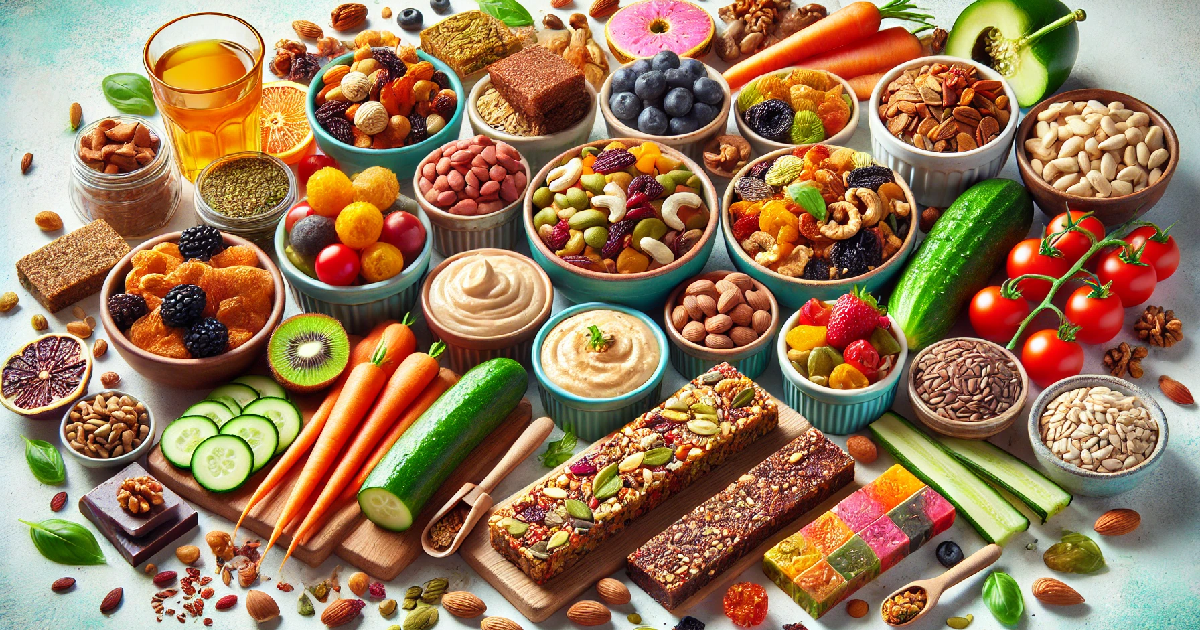Regarding keeping good teeth, what you eat matters as much as how often you brush. Although taking care of your oral hygiene is essential for dental health, the foods and drinks that make up our diets can play a major role in causing cavities—and unfortunately, many of them are hard to resist! Knowing which items may increase your risk for tooth decay is an important part of protecting yourself from this all-too-common issue. In this blog post, we’ll discuss which types of food cause cavities and why they should be avoided.
Sugary Beverages – How They Contribute To Cavities
Sugar fuels the bacteria in our mouths that can eat away at our teeth and cause cavities. Unfortunately, sugary beverages offer a perfect environment for these bacteria to thrive. Soft drinks, fruit juices, and sports drinks all contain added sugar that can quickly coat the teeth and provide fuel for bacteria. Even drinks marketed as healthy alternatives may contain hidden sugars. The combination of sugar and acids in many beverages can be a double whammy for tooth decay. So, the next time you reach for a sugary drink, remember that you are satisfying your thirst and fueling the bacteria that can harm your teeth.
Acidic & Sticky Foods That Lead To Cavity Growth
When it comes to cavity growth, the foods we eat can undoubtedly play a role. Acidic and sticky foods, in particular, can wreak havoc on our dental health. Acidic foods, such as citrus fruits and vinegar-based dressings, can erode the enamel on our teeth over time, making them more susceptible to cavities. On the other hand, sticky foods, like caramel and dried fruit, tend to cling to the surface of our teeth, making it harder for saliva to wash them away. This may cause the growth of bacteria and the development of cavities. While we may not be able to avoid these foods altogether, it’s important to be mindful of our choices and take steps to protect our teeth, such as brushing and flossing regularly and visiting the dentist for routine checkups.
Crunchy Snacks That Damage Tooth Enamel
There’s nothing quite like a satisfying snack crunch, but some crunchy foods could secretly damage your tooth enamel. Snacks like potato chips, granola bars, and crackers are famous for their satisfying crunch, but they can be a disaster for your teeth. These snacks are often high in starch and refined carbohydrates, which become sugar in your mouth and fuel the bacteria that cause tooth decay. Plus, the complex texture of these snacks can also cause physical damage to your teeth by chipping away at your enamel. So, next time you reach for a crunchy snack, think twice and consider something a little softer on your teeth.
Hidden Sources Of Sugar You May Not Know About
Sugar is everywhere. It’s no secret that a candy bar or soda pack with the sweet stuff, but did you know that sugar is hiding in seemingly harmless foods too? Foods like yoghurt, tomato sauce, and granola can all contain added sugars that may surprise you. Even savoury snacks like pretzels and crackers can have sugar added. These hidden sources of sugar can add up quickly, causing negative impacts on your health. It’s important to read food labels and be aware of what you’re putting into your body to make informed decisions about your diet.
The Role Of Dental Hygiene In Preventing Cavities
Maintaining good dental hygiene isn’t just about shining your pearly whites bright. It also plays an important role in preventing cavities – those pesky little holes that can develop in your teeth and lead to pain, discomfort, and even tooth loss. Brushing twice, flossing regularly, and seeing your dentist regularly are all key components of good dental hygiene, and they work together to keep cavities at bay. Maintaining good dental care can help you keep your teeth healthy and beautiful for many years.
Tips For Reducing Your Risk Of Tooth Decay And Cavities
Caring for your teeth is crucial for maintaining good oral health, but tooth decay and cavities can still occur. However, following a few simple tips can significantly reduce your risk of developing these frustrating and painful problems. One key step is to make sure you’re brushing your teeth twice a day for two minutes at a time, using fluoride toothpaste and a soft-bristled brush. Flossing once a day is also important, as it helps remove bacteria and food particles that can lead to decay. Additionally, try limiting your sugary and drink intake, or at least brush your teeth after consuming them. Regular checkups can also help catch and address any problems before they become serious. Maintaining these tips in your daily routine allows you to enjoy a healthier, happier smile for years to come.
Preventing cavities starts with understanding everyday choices that lead to tooth decay. Sugary beverages, acidic and sticky foods, and hidden sources of sugar are all culprits to consider cutting back on. On the flip side, adopt crunchy snacks that protect enamel and prioritize dental hygiene habits like brushing twice and flossing daily. If you’re looking for a way to lower your risk of tooth decay and cavities, take the time to do research and be mindful when it comes to knowing what is best for overall oral health. With proper care now, you can look forward to more beautiful smiles in your future!
What To Eat After a Filling?

After getting a filling, choosing foods that are gentle on your teeth and won’t cause any discomfort is essential. Soft foods like mashed potatoes, soup, or scrambled eggs can be a good option in the first few hours after the procedure. You may also want to avoid anything too hot or cold, as your teeth may be more sensitive. Avoiding crunchy or sticky foods that may stick to the filling is also a good idea. Choosing soft foods for your teeth will help promote healing and keep your oral hygiene in good condition.
The Worst Foods And Drinks For Your Teeth
Maintaining good teeth is essential to having a beautiful smile and a healthy body. However, some foods and drinks we often consume can cause permanent damage to our teeth. The worst offenders include sugary snacks, acidic beverages, and sticky foods. These items can break down the enamel that coats our teeth, causing cavities and discolouration. Additionally, sugary foods often stick to our teeth, providing a breeding ground for harmful bacteria. To protect your pearly whites, limiting your intake of these harmful foods and drinks is essential. Opt for healthier options like calcium-rich dairy products and crunchy fruits and vegetables that can improve your oral health.
Foods That Prevent Tooth Decay
Good teeth are not just aesthetically pleasing but are also essential for maintaining optimal health. Our teeth work tirelessly, grinding and breaking down the foods we consume so our bodies can properly digest them. However, certain foods can have a detrimental effect on our teeth. That’s why it’s important to know about the foods that can prevent tooth decay and promote good dental health. These foods include dairy products like milk and yoghurt, rich in calcium and phosphates that strengthen the enamel. Green vegetables, like spinach and kale, are an excellent source of vitamins and minerals that keep teeth strong and healthy. Foods containing polyphenols, such as green tea and dark chocolate, are also great for preventing tooth decay by reducing plaque buildup. So, next time you’re thinking about what to eat, keep your teeth in mind and choose foods that will promote good dental health.
Is Fruit Bad For Your Teeth?
When it comes to maintaining good teeth, many people wonder about the impact of different foods on their dental health. One common question is whether the fruit is bad for your teeth. While fruit contains natural sugars, which can contribute to tooth decay if consumed in excess, it’s important to remember that fruit also provides important nutrients crucial for good dental health. For example, fruits like apples and strawberries contain vitamins and antioxidants that can help strengthen teeth and support healthy gums.
Tooth Remineralization Diet
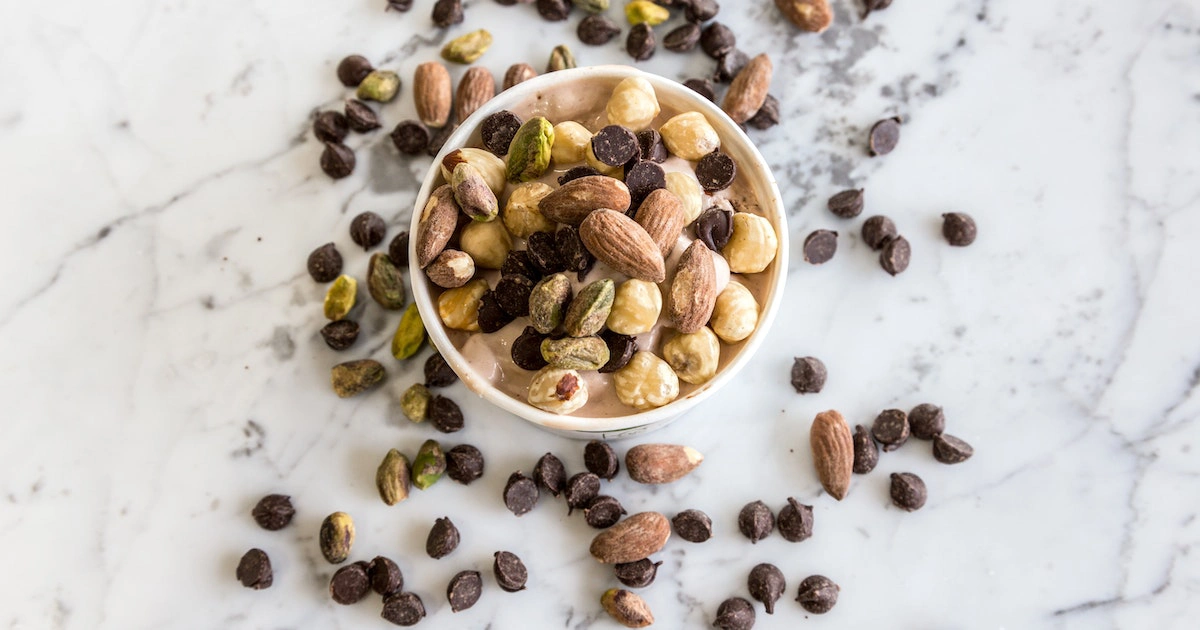
A tooth remineralization diet can maintain good teeth by ensuring they receive nutrients. Consuming the right food and drink can go a long way in strengthening the enamel and supporting the natural remineralization process of your teeth. By including calcium, vitamin D, and phosphorus-rich foods such as milk, cheese, nuts, and leafy greens, your teeth will receive the building blocks they need to remain strong and healthy. Additionally, incorporating sources of fat-soluble vitamins, like vitamins A, K2, and E, can aid in the body’s absorption of essential minerals. Adopting a tooth remineralization diet can actively work to maintain healthy teeth and preserve your pearly whites for years to come.
Plaque Buildup On Teeth
Plaque buildup is a common dental problem that affects people of all ages. It is a sticky film of bacteria that forms on the surface of teeth and may cause decay, cavities, and gum disease if left untreated. Plaque buildup is caused by poor oral hygiene and a diet rich in sugar and carbohydrates. The best solution to prevent plaque buildup is to brush your teeth twice daily with fluoride-based toothpaste and regularly floss. Regular checkups and professional cleanings can help remove stubborn plaque and keep your teeth healthy and strong. Remember, a healthy smile starts with good oral hygiene habits.
Enamel-Strengthening Foods
Adding enamel-strengthening foods to your diet may be one of the most straightforward steps to build stronger teeth and bones. The foods that help support enamel health are those high in calcium and phosphorus, such as milk, cheese, yoghurt, and leafy vegetables. These essential vitamins and minerals help to remineralize tooth enamel that has been damaged and worn away. Additionally, eating complex carbohydrates, like whole grains, can help to stimulate saliva production and lower the risk of cavities. Incorporating these simple dietary changes into your daily routine can significantly affect your oral health and overall wellness.
Good Teeth Vs Bad Teeth
|
Content | Good Teeth |
Bad Teeth |
| Appearance | White, even, and aligned | Discolored, crooked, or missing |
| Oral Hygiene | Regular brushing and flossing | Irregular or inadequate oral care |
| Gum Health | Healthy gums | Swollen, bleeding gums |
| Tooth Decay | Minimal or no cavities | Frequent cavities |
| Dental Visits | Regular check-ups | Infrequent or no dental visits |
Conclusion
While many sugary and acidic foods can put us at risk of cavities, ensuring our teeth remain healthy is important. Consistently brushing and flossing, limiting sugar intake, avoiding soda and sticky snacks, eating crunchy fruits and vegetables, and visiting the dentist regularly are all essential for keeping your dental health in check. Taking these proactive measures now can prevent painful dental problems down the road. Take care of your teeth–diet is just one factor in having a good set of choppers.
FAQ
1. What Is a Cavity?
Tooth decay, or dental caries, is a small hole or damaged area in the hard surface of a tooth. It occurs due to the progressive breakdown of the tooth’s structure by acids produced by bacteria in the mouth.
2. How Do Cavities Form?
Cavities form when certain types of bacteria in the mouth produce acidic environments that attack the tooth enamel, which is the tooth’s outer protective layer—these acids, food particles, and saliva form plaque, a sticky film that coats the teeth. Over time, the acids in the plaque erode the tooth enamel and create cavities.
3. What Foods Cause Cavities?
Foods that are high in sugar and carbohydrates contribute to cavity formation. Specifically, sugary and sticky foods like candies, cookies, cakes, and soda can increase the risk of cavities. Additionally, frequent snacking or sipping sugary beverages throughout the day can prolong acid attacks on the teeth, promoting cavity development.
4. How Can I Prevent Cavities?
To prevent cavities, follow these oral hygiene practices:
Brush your teeth at least twice with fluoride toothpaste.
Floss daily.
Reduce your consumption of sugary and acidic foods and beverages.
Drink water after eating to help rinse away food debris.
Visit your dentist regularly.
Consider using fluoride mouthwash or dental sealants for added protection.
5. What Are The Symptoms Of a Cavity?
The symptoms of a cavity may vary, but common signs include :
Toothache or tooth sensitivity to hot, cold, or sweet stimuli.
Visible holes on the surface of the tooth.
Discolouration or dark spots on the tooth.
Pain or discomfort when biting or chewing.
Long lousy breath or an unpleasant taste in the mouth.
6. How Is a Cavity Treated?
In general, the process involves:
Removal of decay: The dentist removes the decayed portion of the tooth using a dental drill or laser.
Filling: The cavity fills with materials like dental amalgam (silver fillings) or tooth-coloured composite resin.
In more severe cases, if the decay has affected the tooth’s nerve, a root canal treatment or extraction may be necessary.
7. Are Cavities Contagious?
No, cavities are not contagious. However, the bacteria that contribute to cavity formation can be transmitted from person to person through activities like sharing utensils, kissing, or other close contact. It’s important to maintain good oral hygiene practices to reduce the risk of bacterial transmission.
8. What Are The Risks Of Untreated Cavities?
If left untreated, cavities may lead to various complications, including:
Tooth pain and discomfort.
Infection and abscesses.
Tooth loss or extraction.
Difficulty in chewing and speaking.
Shifting of teeth and bite problems.
Increased risk of systemic health issues, as oral health connects to overall health.


